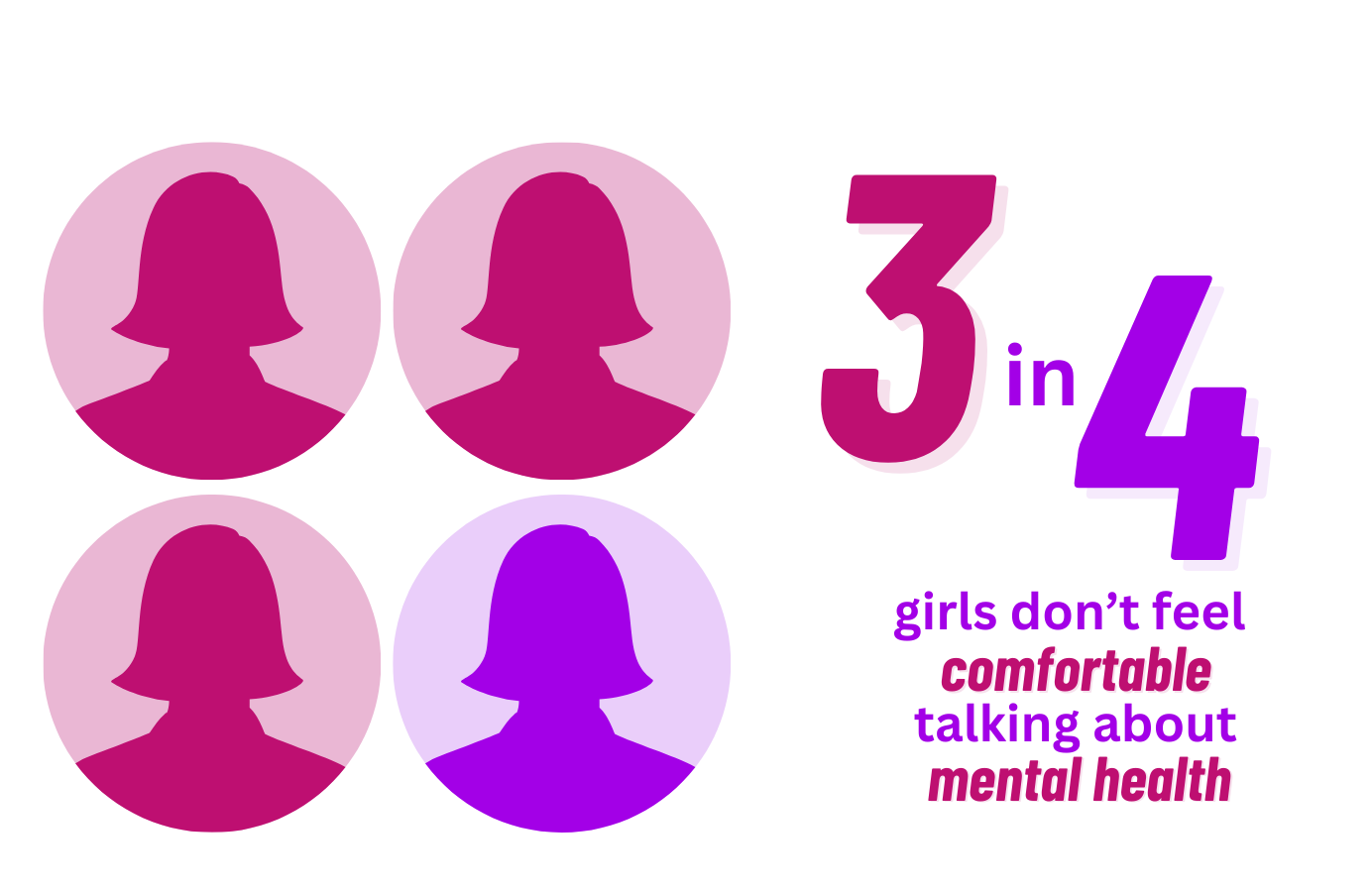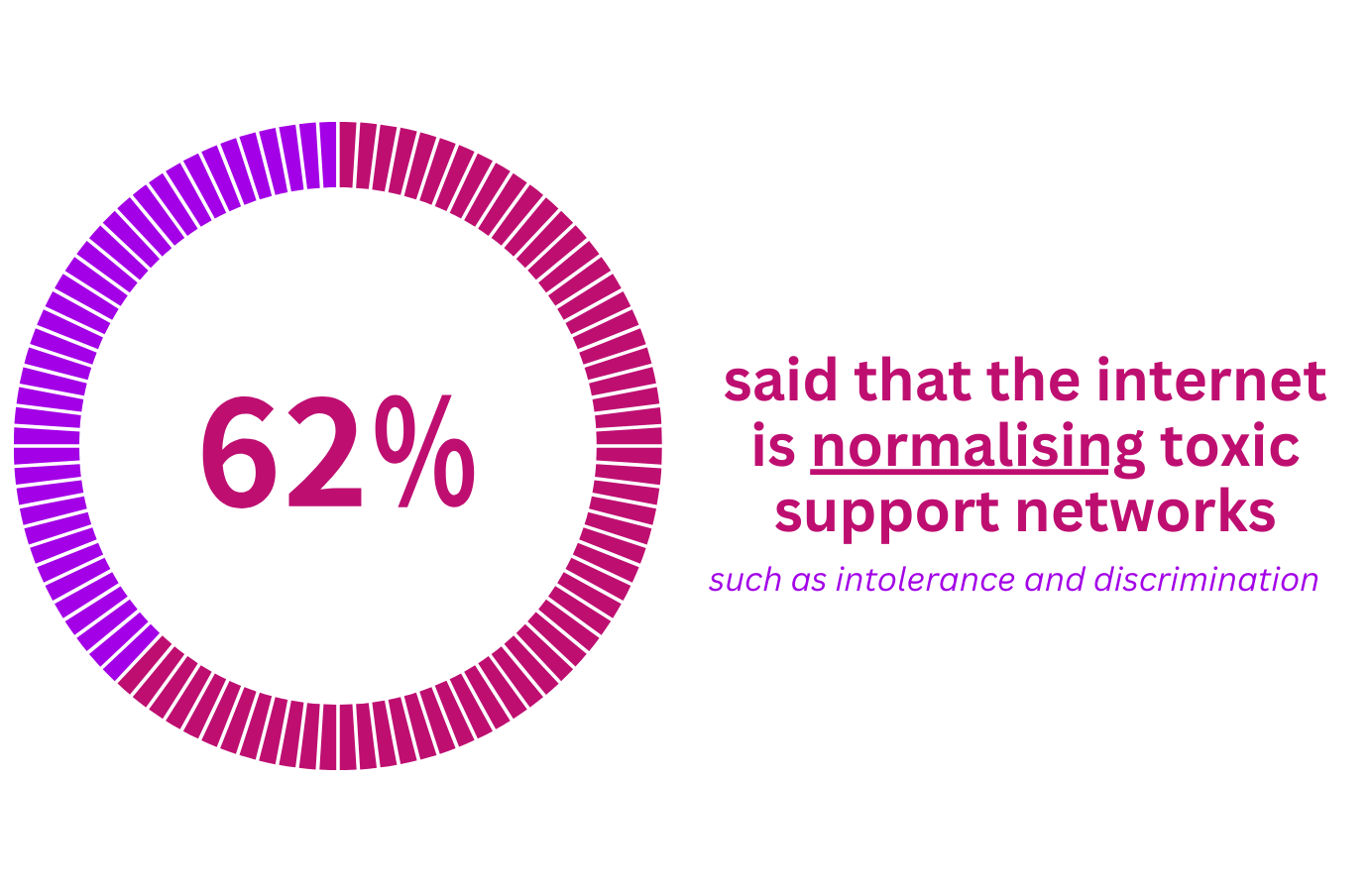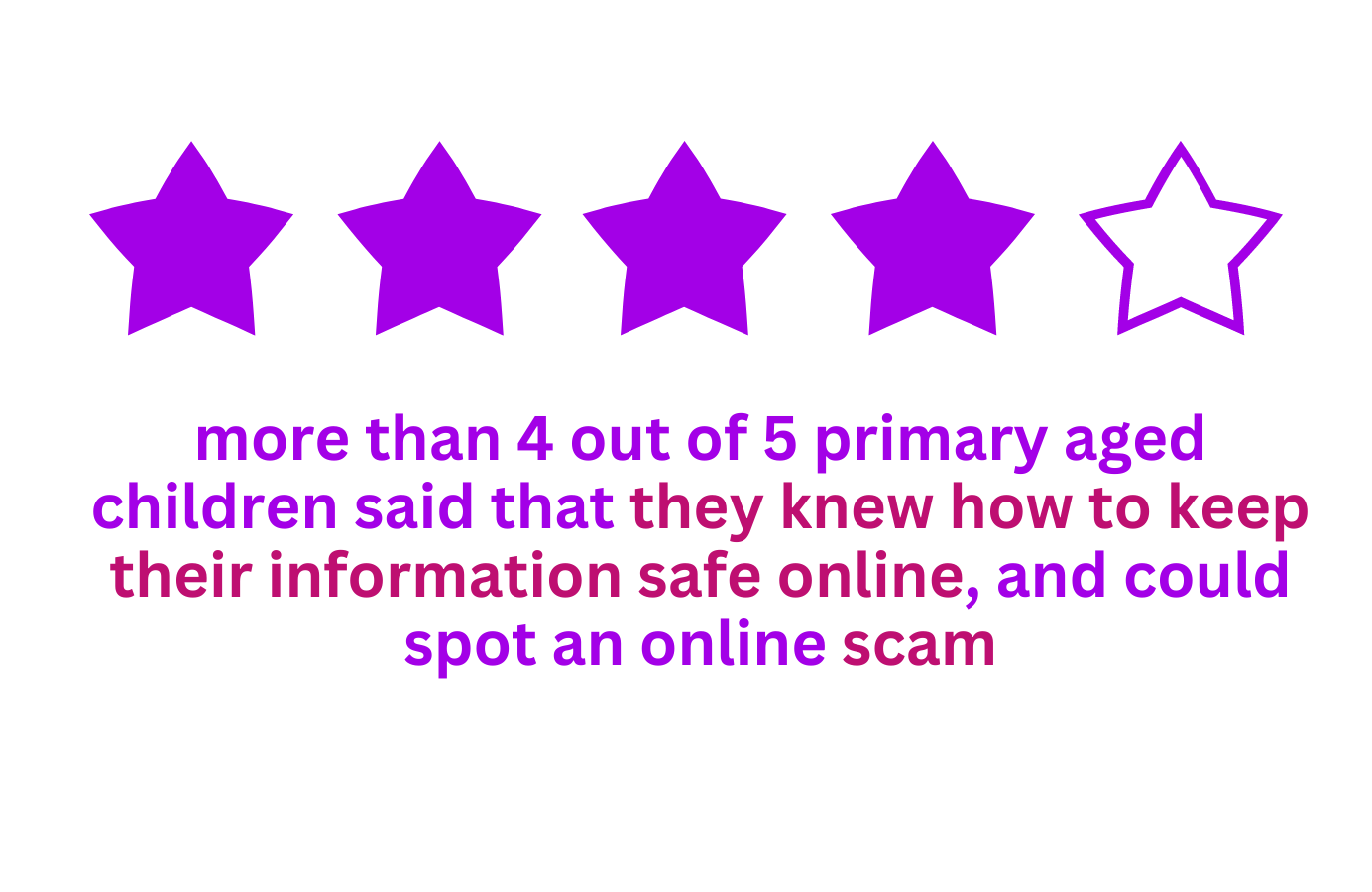First published in June 2023 by Admin
Last updated 15th July, 2025 by Admin
Looking for something specific? Use these links to jump to a section:
What parts of Relationships & Sex Education (RSE) are compulsory in schools?
Is Sex Education taught in Science? (Primary School)
What can parents opt out of in Sex Education?
Sharing RSE resources with parents
Withdrawing from Sex Education: The Process
Guidance and Consultations (New 2024)
What do Labour have to say about RSE?
First impressions of the revised guidance (July 2025)
What is RSE?
Relationships, Health & Sex Education (RSHE) was put in place in schools in September 2020 (after being introduced in June 2020). It is a statutory part of the National Curriculum, meaning it must be taught.
You may also see it referred to as Relationships & Health Education (RHE) or Relationships & Sex Education (RSE). This is because the guidance can be split into three broad topic areas: Relationships, Health and Sex:
Relationships: The fundamental building blocks and characteristics of positive relationships (primary) to know what a healthy relationship looks like and what makes a good friend, colleague or any type of committed relationship (secondary)
Health: The characteristics of good physical health and mental wellbeing (primary) and a focus on enabling pu pils to make well-informed, positive choices for themselves (secondary).
Sex: Knowledge about safer sex and sexual health to ensure that young people are equipped to make safe, informed and healthy choices as they progress through adult life (secondary).
In Primary Schools, Relationships and Health Education (RHE) is mandatory. In Secondary schools, pupils are also taught Sex Education.
What is taught in RSE?
.
To give you a quick overview of the lessons taught within RHE & RSHE, we’ve put together these tables. Primary school sets the foundations of knowledge regarding RSE, which is built upon in Secondary school:
In primary school:
| Relationships | Health | ||
|---|---|---|---|
| Healthy Lifestyle Choices including sleep, diet and exercise. | The importance of family, and how families can be different. | ||
| The importance of stable, caring relationships | That we sometimes get ill and may use medicines to treat illness. | ||
| What healthy friendships look and feel like | Mental Health including feelings changing & dealing with emotions. | ||
| Permission seeking and setting boundaries | Change & Loss | ||
| Appropriate and inappropriate or unsafe contact. |
In Secondary School
| Relationships & Sex | Health | ||
|---|---|---|---|
| Consent | The impact of puberty | ||
| Sexual Exploitation, Online Abuse, Grooming & Coercion | That viewing sexually explicit content can damage the way people see themselves | ||
| Harrassment, Rape and Domestic Abuse. | The impact of viewing harmful content | ||
| Forced marriage, Honour-based Violence and FGM | Mental health, including recognising and managing wellbeing issues as well as how to seek support. | ||
| The facts and the law about sex, sexuality, sexual health and gender identity. | |||
| Stable and healthy relationships and same sex relationships. |
What parts of Relationships & Sex Education (RSE) are compulsory in schools?
.
The first thing for educators and parents/carers to know is that Relationships & Health Education are statutory for all pupils meaning schools must teach these topics. Sex Education is only statutory for Secondary school aged pupils; however, this is not to be confused with reproductive science, which is statutory in primary schools.
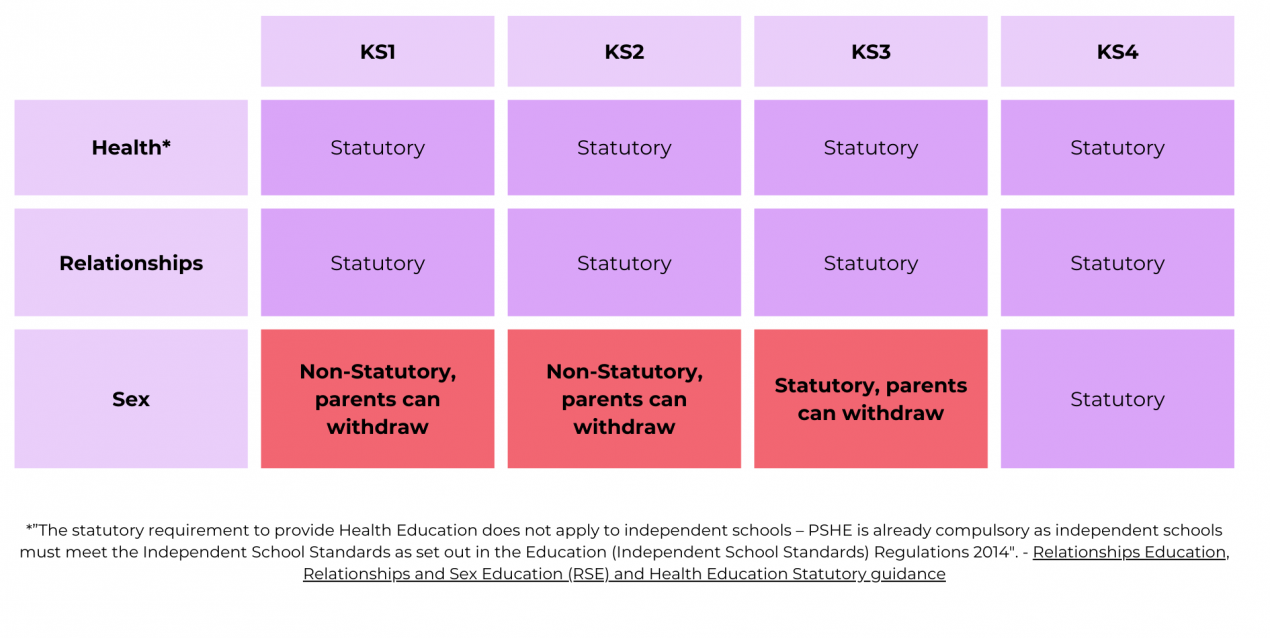
Is RSE compulsory in primary schools?
While Sex Education is not statutory in Primary schools, the Government does recommend that all primary schools teach elements of Sex education. The curriculum states, “all primary schools should have a sex education programme tailored to the age and the physical and emotional maturity of the pupils. It should ensure that both boys and girls are prepared for the changes that adolescence brings and – drawing on knowledge of the human life cycle set out in the national curriculum for science - how a baby is conceived and born.”
.
Some Primary schools may also choose to teach other elements of Sex Education where appropriate. This will depend on the needs of their pupils, and will always be reviewed by Ofsted during an inspection.
.
The two other important points for educators and parents to know are:
-
all RSHE curriculum materials should be shared with parents/carers upon request
-
parents can withdraw their children from Sex Education up until the age of 15, but not from Relationships or Health Education.
Is Sex Education taught in Science? (Primary School)
The biological aspect of reproduction will always be taught in science lessons in Primary schools, usually in Year 5 or 6. Parents/carers cannot withdraw children from these lessons. This includes learning about the life cycle of different animals and plants, how children grow from babies to adults and the changes that happen within their bodies, including pregnancy and birth.
.
In addition to the biological aspects of sex, there are also other examples of overlap. The table below shows the statutory requirements of the Science curriculum that are closely linked with RSE:
| Year Group | Science Programme of Study – Statutory requirements | Science Programme of Study – Non statutory notes and Guidance | Vocabulary |
|---|---|---|---|
| Year 1 | Identify, name, draw and label the basic parts of the human body and say which part of the body is associated with each sense. | Pupils should have plenty of opportunities to learn the names of the main body parts (including head, neck, arms, elbows, legs, knees, face, ears, eyes, hair, mouth, teeth) through games, actions, songs and rhymes. | head, neck, arms, elbows, legs, knees, face, ears, eyes, hair, mouth, teeth, penis, testicles, vulva |
| Year 2 | Notice that animals, including humans, have offspring which grow into adults Describe the importance for humans of exercise, eating the right amounts of different types of food, and hygiene. | They should also be introduced to the process of reproduction and growth in animals. The focus at this stage should be on helping pupils to recognise growth; they should not be expected to understand how reproduction occurs. The following examples might be used: egg, chick, chicken; egg, caterpillar, pupa, butterfly; spawn, tadpole, frog; lamb, sheep. Growing into adults can include reference to baby, toddler, child, teenager and adult. | baby, toddler, child, teenager, adult |
| Year 3 | Children should understand that pollination is the movement of pollen from one flower to another and that a seed is formed when material in the pollen joins with material in the ovule | Pollination, pollen, male, ovule, female, seed | |
| Year 5 | Pupils should be taught to: describe the changes as humans develop to old age | Pupils should draw a timeline to indicate changes in the growth and development of humans. They should learn about the changes experienced in puberty. | gestation period, pregnancy, live birth sexual reproduction, sperm, ovum, internal fertilisation, external fertilisation, egg, live birth, gestation period |
| Pupils should be taught to: describe the differences in the life cycles of a mammal, an amphibian, an insect and a bird describe the life processes of reproduction in some plants and animals | Pupils should find out about different types of reproduction, including sexual and asexual reproduction in plants, and sexual reproduction in animals |
What can parents opt out of in Sex Education?
.
With the curriculum covered, a common question asked by parents & teachers alike is whether parents can opt out of RHE in Primary Schools, and RSHE in Secondary Schools.
In short: Parents can opt for their child not to be taught Sex Education up until they are 15. They cannot opt out of Relationships or Health Education.
Many elements of the curriculum will fall into two camps. This is where a school must decide if it sits primarily under Sex Education or Relationships Education.
.
For example, teaching about consent is most likely to fall into Relationships Education, as part of consenting and respectful relationships. In Primary schools, most schools have only stated the act of sex (the main event) and contraception as being Sex Education, and therefore withdrawable. In Secondary schools, Sexually Transmitted Infections (STIs) could fall into Health Education. To help make this clear for staff and parents, schools must write a RHE/RSE policy which defines each part of the curriculum, sets out the subject content and how it is taught, who is responsible and how it is monitored and evaluated.
Sharing RSE resources with parents
.
In addition to a policy, schools must share resources with parents upon request. Many schools choose to hold an annual parent conference where the lesson materials are shared and teachers are on hand to answer questions. This allows parents to ask questions and voice any concerns, and for teachers to share reasoning and pedagogical knowledge. Schools may also choose to share resources through an online portal, or by sending copies of resources home. In these instances, you should ask the parent/gaurdian to agree that the content will not be copied or shared further except as authorised by copyright law. This information was shared with parents by the Education Secretary at the time, Gillian Keegan in this open letter.
.
Sharing resources with parents also allows for educators to highlight that resources and learning objectives are age-appropriate. For example, a curriculum progression map with the learning objectives outlined showcases that a topic such as 'Sexual Harrassment' in Primary schools is mostly given through the context of boundaries and respectful friendships, as outlined in the example below:
Progression Map: Sexual Harrassment
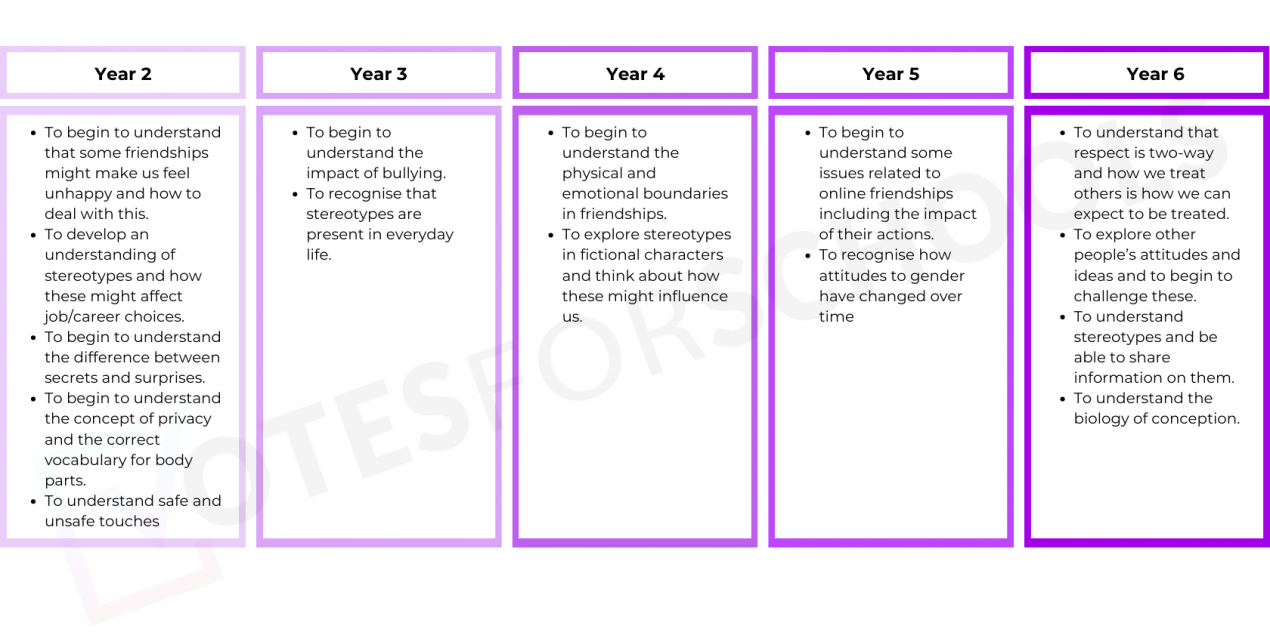
Withdrawing from Sex Education: The Process
However, if after seeing these resources, a parent/carer still wishes to opt out of Sex Education, headteachers are advised to meet and discuss the request with parents.
In this meeting, headteachers should discuss the benefit of receiving this education and the detrimental effects that withdrawal may have, including the likelihood of hearing the information second-hand from peers and the misconceptions that can arise from this.
In Secondary schools, at the age of 15 (three terms before a child’s 16th birthday) the right to withdraw from Sex Education is given to the child. This means that, even if the parent wishes to withdraw their child, the child can opt to receive Sex Education at school.
Guidance and Consultations (New 2024)
In May 2024, The Department for Education (DfE) introduced significant proposed updates to the Relationships, Sex, and Health Education (RSHE) guidance. This guidance had been highly anticipated, especially since Ofsted's review of sexual abuse in schools and colleges (2021) had highlighted that many children "felt that [the RSE curriculum] was too little, too late and that the curriculum was not equipping them with the information and advice they needed to navigate the reality of their lives." Despite this, the Government's proposals recommend a more 'stripped-back' RSE curriculum, with strict age-limits to ensure children do not learn about topics that are not 'age-appropriate'.
In a press release authored by the DfE, Education Secretary Gillian Keegan and Prime Minister Rishi Sunak said that the guidance has "protecting children at its heart", as well as enshrining "parents’ right to know what their children are being taught." Key changes include:
- Introduction of Age Limits: RSHE content will have clear age ratings, with sex education starting from Year 5, focusing on biological aspects. This includes ratings such as pornography not being taught before Year 7, despite 1 in 10 nine years having already accessed pornography, and receiving the HPV vaccine in Year 8, although an explanation of STIs would be banned until Year 9. Additionally, gender identity will not be taught, prompting some concerns about potential gaps in students' understanding as they encounter related issues. At a time when many young people rely on the internet to learn about sex and relationships, this is a worrying development for many educators.
-
Parental Involvement: The updated guidance mandates full transparency, allowing parents to review all RSHE materials used in their children's education. Whilst this is already the case, the Government have repeated it here due to some worries schools had surrounding copyright in previous years.
-
Expanded Content Areas: New topics include suicide prevention, online safety, sexual harassment, and gambling-related harms, addressing contemporary concerns from educators and parents
-
Response to Gender Identity Issues: In light of the Cass Review, the guidance advises schools to handle gender identity issues cautiously and not to teach "contested views as facts."
Reactions to these changes have been mixed. While many welcome theincreased transparency and safeguarding measures, some express concern about the exclusion of gender identity education. There are also worries that strict age limits might delay timely discussions on puberty and sexual health, potentially leading to confusion among students. While the opinions of politicians, educators, and experts remain a valid part of the conversation, there is one voice that is notably absent: that of children & young people. Fortunately, we have extensive data on what thousands of young people aged 5-18 think on some of the key talking points in Relationships and Sex Education: from discussing mental health to addressing misogynistic behaviour to understanding the impact of online influences to emphasising the importance of inclusivity.
The consultation closed on 11th July 2024, Schools Week have since reported that the recent consultation on relationships, sex, and health education (RSHE) reforms has shown significant dissatisfaction among stakeholders with the current guidelines established under the Conservative government. Many respondents, including educators and advocacy groups, have called for the Labour Party to overhaul these reforms, arguing that they lack inclusivity and fail to address crucial topics such as LGBTQ+ issues and consent comprehensively. The consultation results indicate a strong push for a more progressive and comprehensive RSHE curriculum that better aligns with the needs and experiences of today's students.
What do Labour have to say?
As the new Education Secretary, Bridget Phillipson, is starting to reach out to the education workforce to emphasise their importance to the new government. Teachers are now wondering about the future of Relationships and Sex Education (RSE) under Labour. In June 2023, before Labour won the election, BBC News reported that Phillipson avoided stating whether the party would scrap the proposed ban on teaching gender identity in schools. She acknowledged some good principles in the guidance but criticised its partisan language. Emphasising the need for clarity and children's wellbeing, she stressed the importance of recognising trans rights while maintaining support for women's rights. For now, we can only wait to see what developments will unfold.
First impressions of the 2025 draft RSHE guidance
Since this blog was first published, the Department for Education has released an updated draft of the RSHE guidance (July 2025), with changes due to take effect in September 2026.
A few early updates include:
- A clearer expectation for schools to address misogyny, including the impact of pornography, “incel” culture, and toxic online influences.
- An emphasis on parental access to RSHE materials, with schools required to share resources with families on request (DfE Draft Guidance 2025, p.24).
- Expanded health and safety expectations, including teaching around mental health, suicide prevention, and the inclusion of positive male role models in lessonsinclusion of positive male role models in lessons.
These updates reinforce existing safeguarding aims and offer clearer guidance around some of the challenges teachers are already addressing in the classroom. We’ll continue reviewing the full guidance and will update this blog, and our resources, in line with any confirmed changes.
Want to delve deeper?
You may also like:
.
Amy worked in Primary schools in London before joining VotesforSchools' marketing team. When Amy first taught Sex Education she was overwhelmed with questions - both her own and her pupils. That feeling led her to dive into the guidance and resources available for RSE and create this guide for others who are in the same place.



